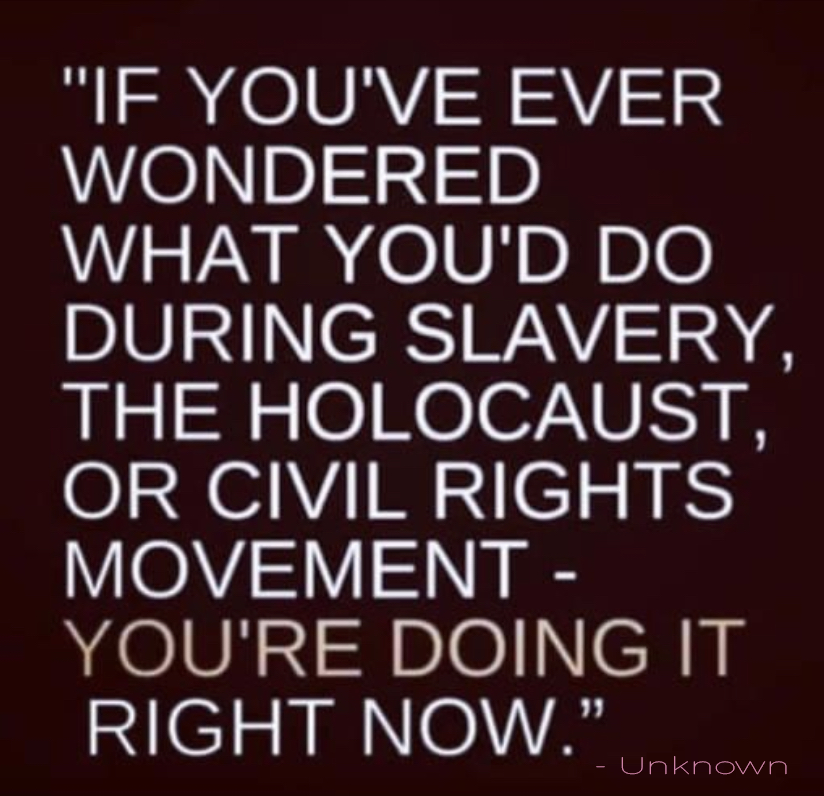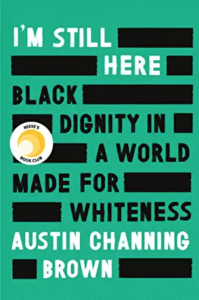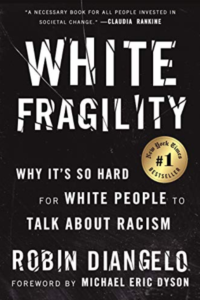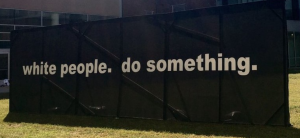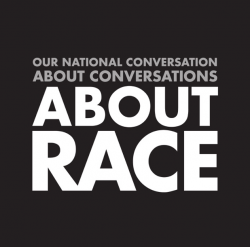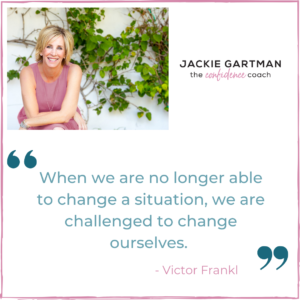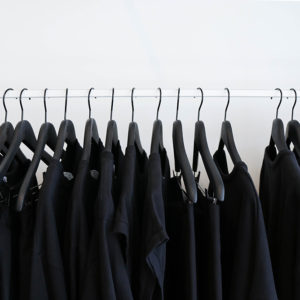I was 18 years old and had just moved from my childhood home in LA to a dorm in San Francisco. After I unpacked my suitcases, made up my bed, and tearfully said goodbye to my mom, I waited eagerly for my new roommate. Would we have anything in common? Would we get along? Would we become friends?
Finally, she threw open the door! While it was too soon to know if we were anything alike on the inside, we definitely weren’t on the outside. My roommate was black. Her name was Helen.
Helen spent the first semester accusing me of being a racist and challenging my self-identification as a good and decent person. I spent those same six months defending myself against what I considered to be unfair and unfounded accusations.
I told her about the times our family had endured being called “kikes” and “dirty Jews” – see? I had been unjustly treated too!
I told her that my liberal father employed black people in his lighting stores – how could I be a racist?
I proudly shared that I wrote a book report in the fourth grade on Alex Hailey’s The Autobiography of Malcolm X, even though I knew it was controversial and I’d be admonished by my teacher. That teacher red inked, “This is highly inappropriate” on the cover page for everyone to see. I was a rebel! Solidarity!
For six months, I went back and forth with Helen, peppering her with my stories of antiracism to prove my sincerity and my innocence. And it worked. Helen threw me a surprise birthday party the following semester. I had convinced both of us: I was not a racist.
Except that I was.
Today, I can see that despite my protestations, I was racist in my profound disinterest in and indifference to Helen’s blackness. I never asked her about growing up black in one of the most violent neighborhoods in the Bay Area. I never asked how it felt to be one of the only black women living on an all-girl, predominantly white, floor. I never asked about the adversity she or her family endured simply because of the color of her skin.
I was so busy defending myself from her accusations that I never saw nor cared to see the understandable anger, frustration, and grief that fueled them. I was busy mounting arguments designed to make Helen absolve me of any complicity in racism and white supremacy. I was busy trying to convince her of my goodness and moral righteousness and wanting her to approve of me – or at least stop disapproving of me.
Helen was probably busy too. Busy defending herself against the indignities, inequalities, and unfairness of a system that marginalized and dehumanized her. Busy navigating one of the most crime-infested corners of the city, with sub-par education and little or no access to affordable and healthy food or care. Busy trying to protect herself and her little brothers from being unjustly questioned or arrested by the police, even though her single mother – who had to work twice as hard to get half as far in life as a white woman – had prepared them for the inevitable moment when they would be pulled over for no other reason than that they were black.
I don’t know whether this was Helen’s story because I never asked. Even if I had, I can’t be sure that I would have listened. I was so busy, you see.
Forty years later, I’m calling myself out. I’m putting aside “busy-ness” in favor of not only asking questions and listening, but taking action – because action is the only way to create real and sustainable change. Don’t believe me? Google what has come from all the peaceful demonstrations over the last couple of weeks. It’s quite a list. And ask yourself: what did I do to help bring any of that about?
If you’re like me and want to know better and do better, here are a few resources:



NAACP Legal Defense Fund (NAACPLDF.org)
American Civil Liberties Union (ACLU.org)
Black Lives Matter (https://blacklivesmatter.com/)



